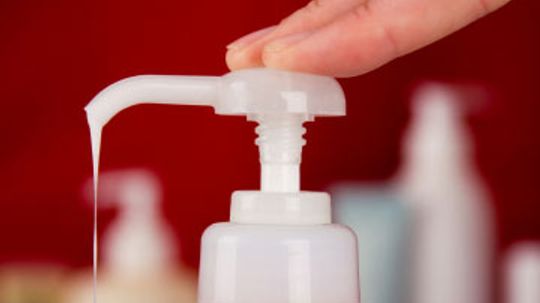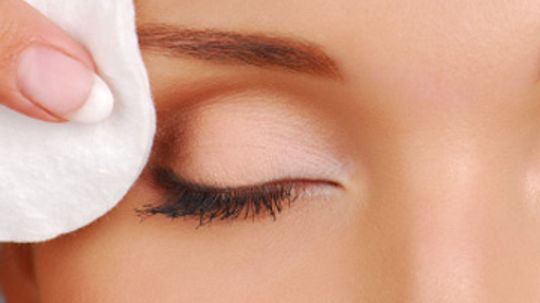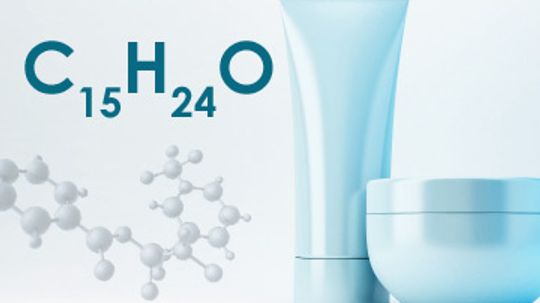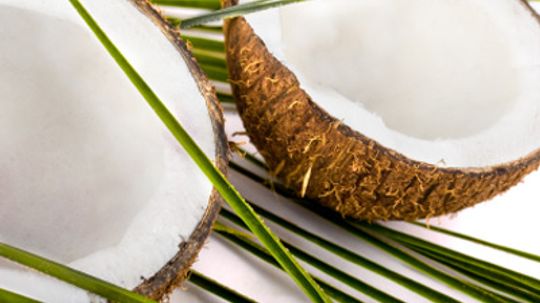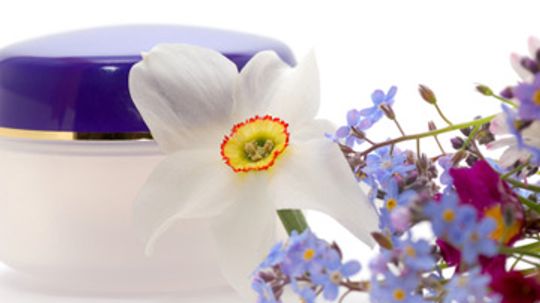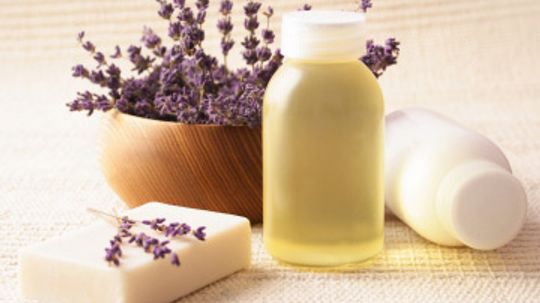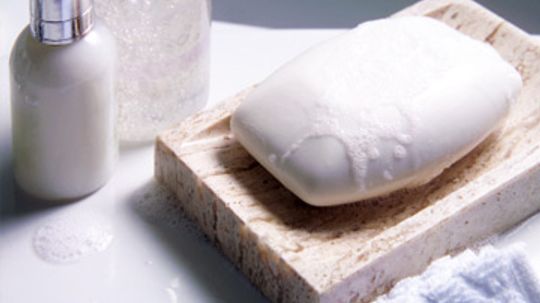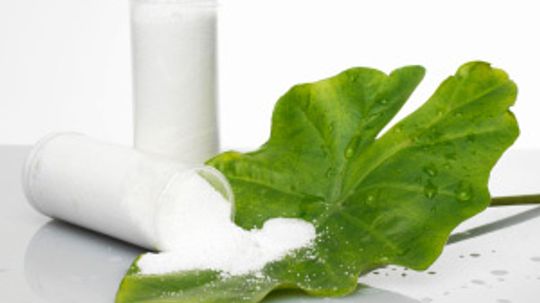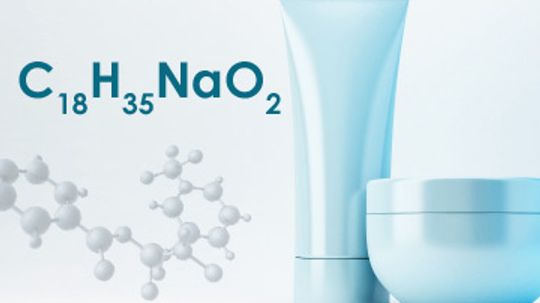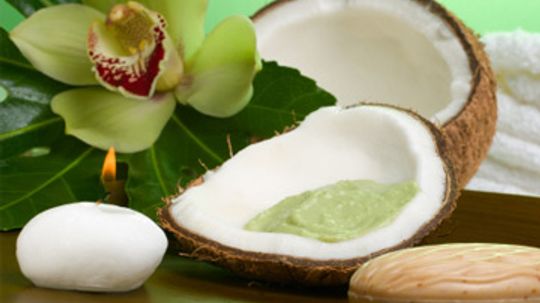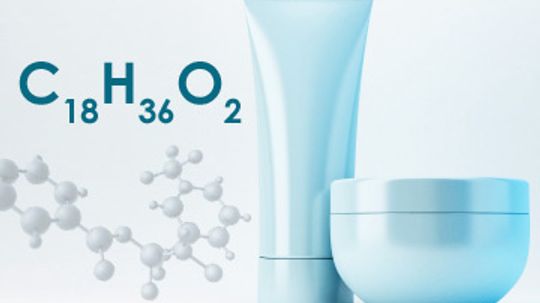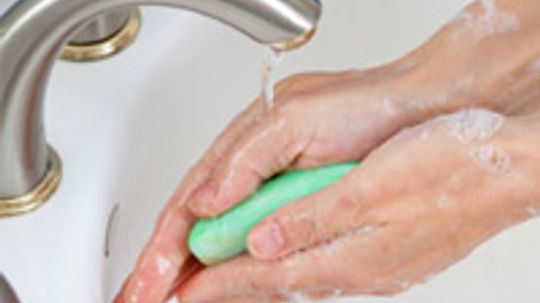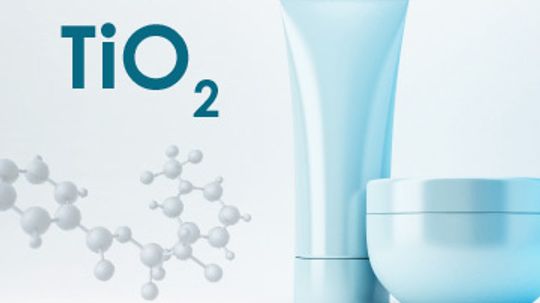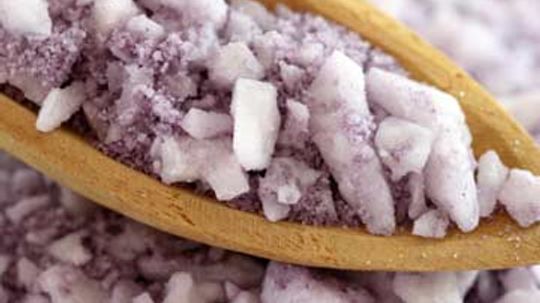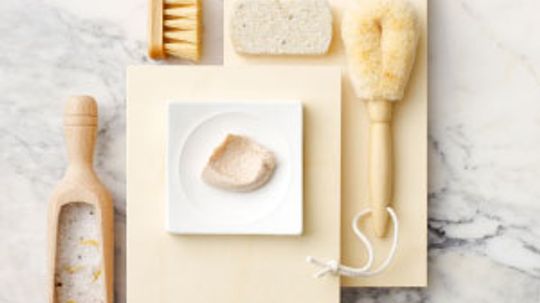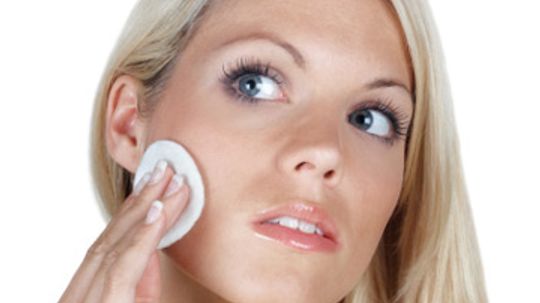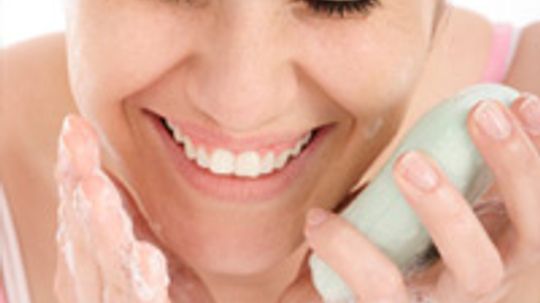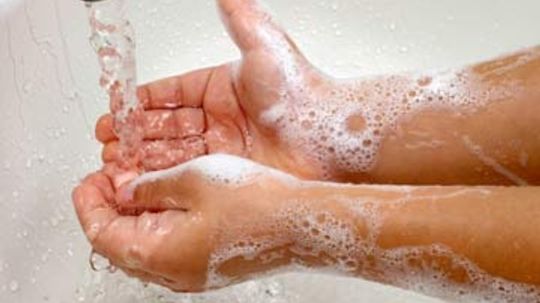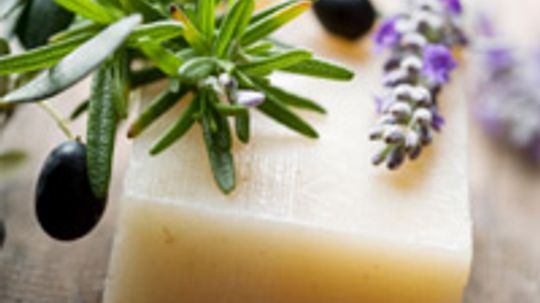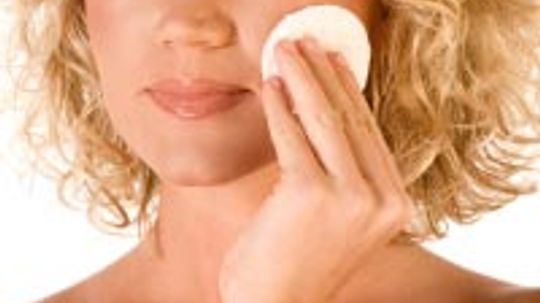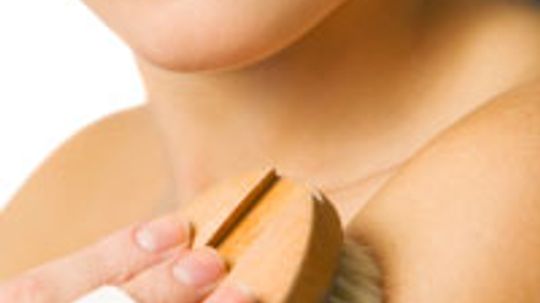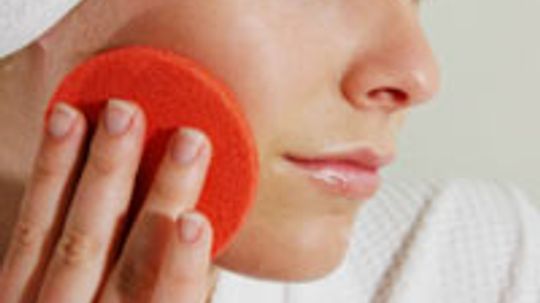Skin Cleansing
Skin cleaning promotes good hygiene as well as more youthful looking skin. Learn more about skin cleaning at HowStuffWorks.
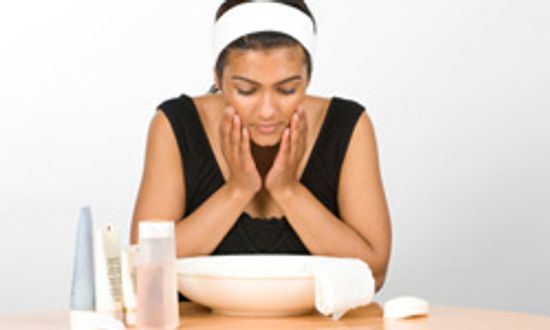
Quick Tips: Is It Normal for Your Face to Turn Red After Washing?
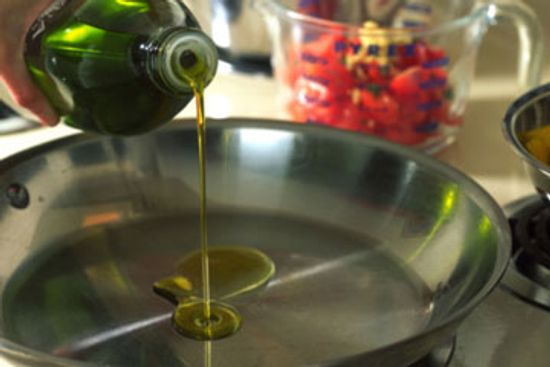
How to Wash Your Face with Olive Oil
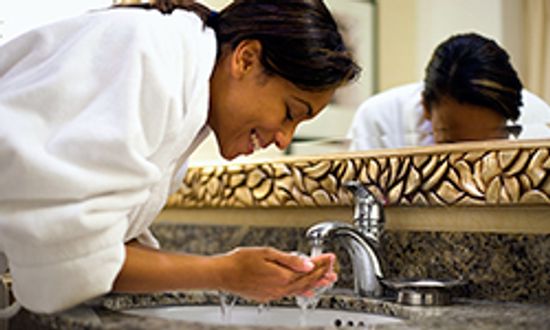
Quick Tips: Should you wash your face with warm or cold water?

The Best Face Cleansers for Your Skin Type
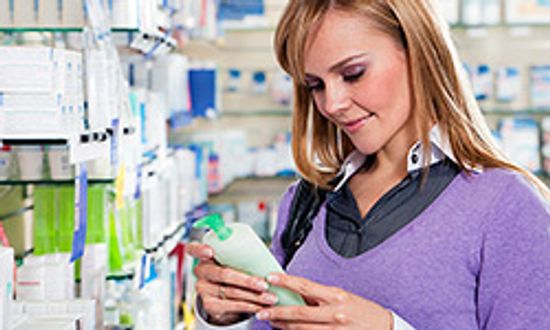
5 Ingredients to Avoid in Your Face Wash
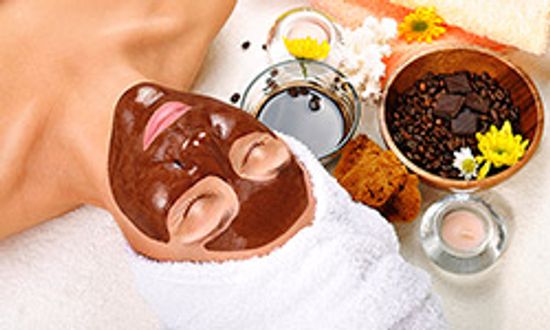
Are chocolate face masks bad for your skin?
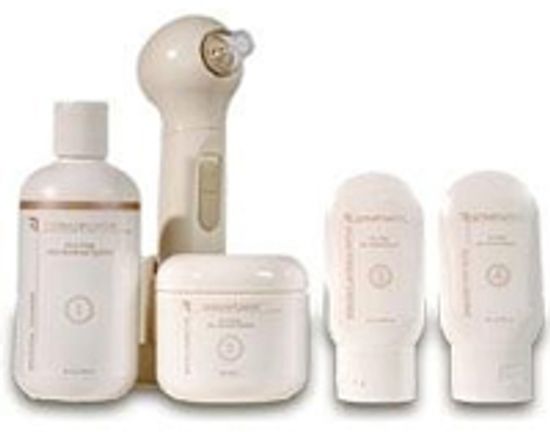
Are at-home microdermabrasion products good for your skin?
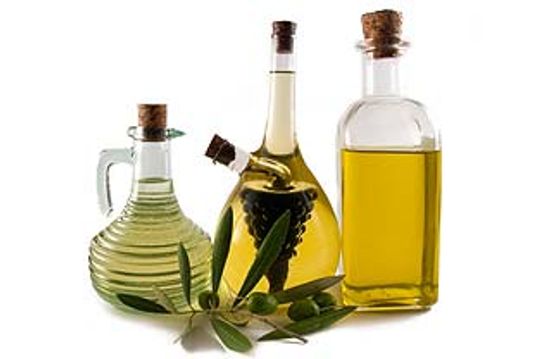
Oil Cleansing: Does Castor and Olive Oil Face Wash Really Work?
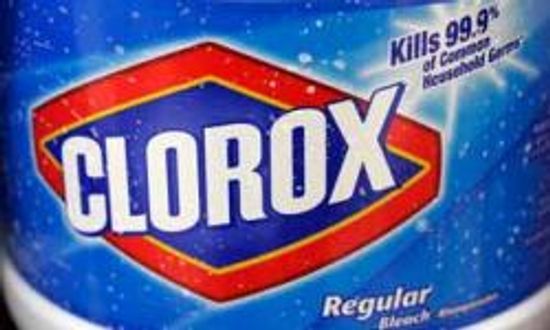
Quick Tips: Should You Wash Your Face with Bleach?
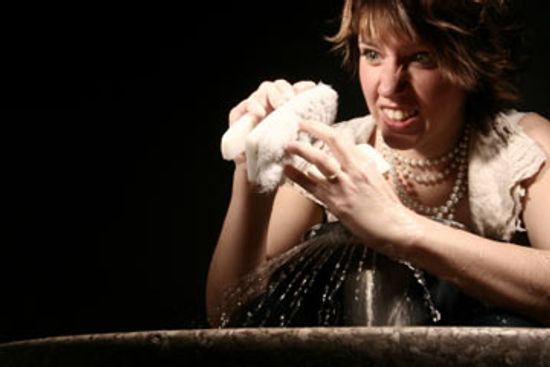
Can I damage my skin by scrubbing too hard?
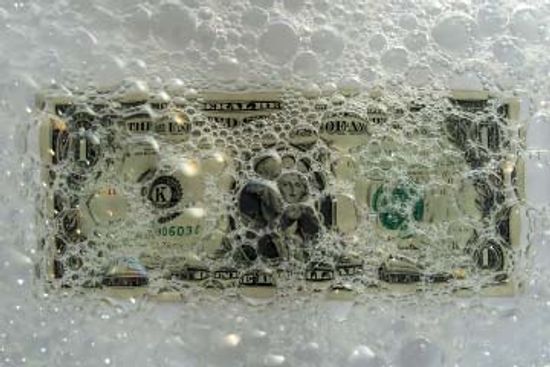
How to Cleanse Your Face for Cheap
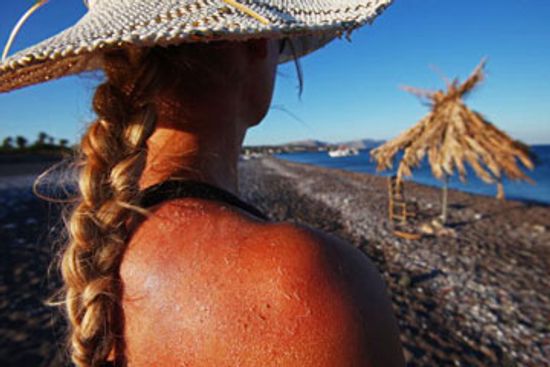
How to Cleanse When You Have a Sunburn
Learn More / Page 3
For decades, cleansing creams have been popular for their ability to remove makeup and cleanse your skin. But take caution: This tried-and-true skin care product might not be for everyone.
The area around your eyes is home to some of the most sensitive skin on your body. What makes specialized wipes better-equipped to clean this area than a regular face or body wash?
Although we don't think too often of skin cleansers going bad, a preservative called BHT keeps them from decomposing in our cabinets. How does BHT work, and is it safe to use?
Advertisement
Coconut tastes great in cakes and pies, but have you ever thought of the many things coconut oil can do? You'll often find it in skin cleansers and soaps -- what's it doing there?
Many of us choose a cleanser to keep our skin healthy and feeling good, but scent can be a big part of the decision, too. What kinds of fragrances go into skin cleansers, and are they there to help or irritate?
Research has shown that lavender, when inhaled, may have a calming effect on people. But when it's used in cleansers, how does that effect translate to better skin?
By Aida Duncan
Since it's derived from natural substances, sodium cocoate is unlikely to be a health hazard. But, when added to cleansers, what can actually do to improve your skin?
Advertisement
Sodium isethionate is a mild soap derived from coconut oil found in many products. Find out why it can handle hard-to-remove dirt and oil on your skin.
A staple in many cleansers, sodium stearate is strong enough to remove dirt and oil from your body's surface. But how much will it irritate your skin in the process?
This chemical compound has reportedly been used in cleaning products for thousands of years. How are animal by-products used in this cleaning agent that has stood the test of time?
Stearic acid is commonly used in products such as candles, makeup and medicine, but it's also a key ingredient in skin cleansers. How exactly does it help soap to get you even cleaner?
Advertisement
This chemical compound is often used as a kind of helper in cleansers. How does it help soap do a better job of getting your skin clean?
Titanium dioxide is a common ingredient in many cleansing products, but it doesn't help to wash your skin. So why does it make it into the mix?
Ylang-ylang oil is a sweet, spicy fragrance from South Asia that's popular in cosmetics, cleansers and aromatherapy products. Some product makers claim it might even have another special property.
By Gina Fisher
If rough, scaly patches of skin make you feel like a desert lizard, it might be time to introduce exfoliating soap into your skin care arsenal.
Advertisement
Your body is constantly shedding thousands of dead skin cells to reveal the smooth, bright skin underneath. And you can help put your best face forward by using the proper exfoliating tools.
Face cleansing wipes can come in handy when you need a quick midday refresher or you're too tired to wash your face. But can they protect your skin from breakouts?
By Aida Duncan
Still using that bar of body soap to wash your face? You might actually be harming your skin by getting it too clean.
By Aida Duncan
Manufacturers claim facial mist sprays can do wonders for your skin, whether you're moisturizing in the middle of the day or setting your makeup. But are these watery mists really worth the money?
By Susan Sentry
Advertisement
Many people don't realize there are certain techniques for hand washing that will best keep bacteria at bay. Learn why washing them hot water might not do as much good as you think.
Soap's not the only option out there for cleansing your skin -- you can also use non-soap products. But if they're not soap, what are they made of, and can they actually get you clean?
The term "noncomedogenic" is usually one of many words you might see listed on the packaging of skin care products these days. But what's so special about it that it can keep your skin from breaking out?
No-rinse facial cleansers might save you a little time in your daily skin care routine if you're on the go. But are they any different from regular facial cleansers?
By Amy Bassett
Advertisement
Getting rid of extra dead skin cells can prevent blemishes on your body and give your skin a soft glow, but exfoliating too often can do damage. How much exfoliating is too much?
Exfoliating your face can help your skin stay soft and blemish-free, but how often you scrub away dead skin cells should depend on your skin type. What's the right amount for you?
